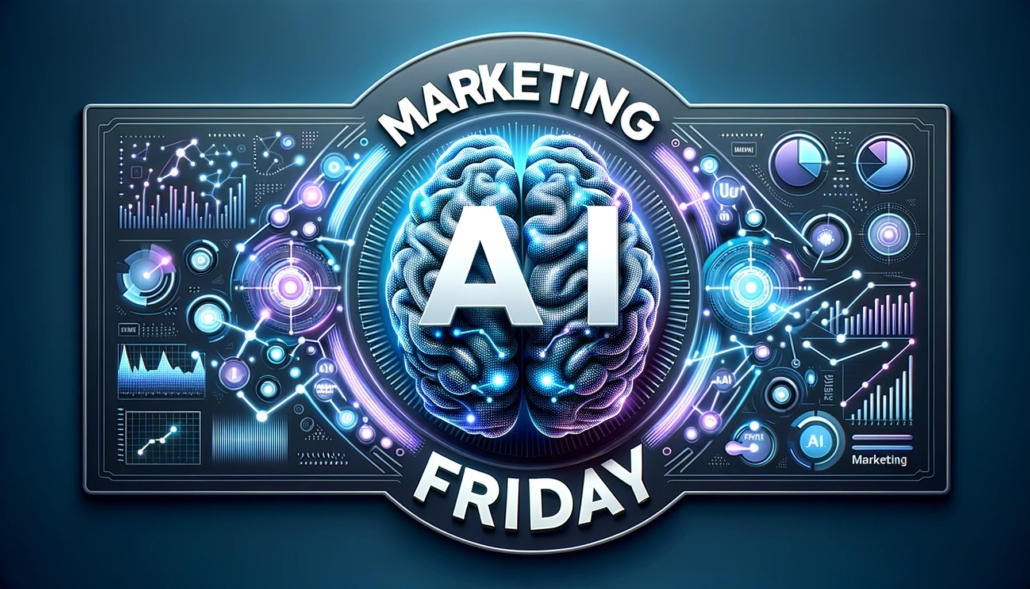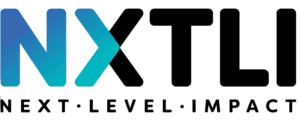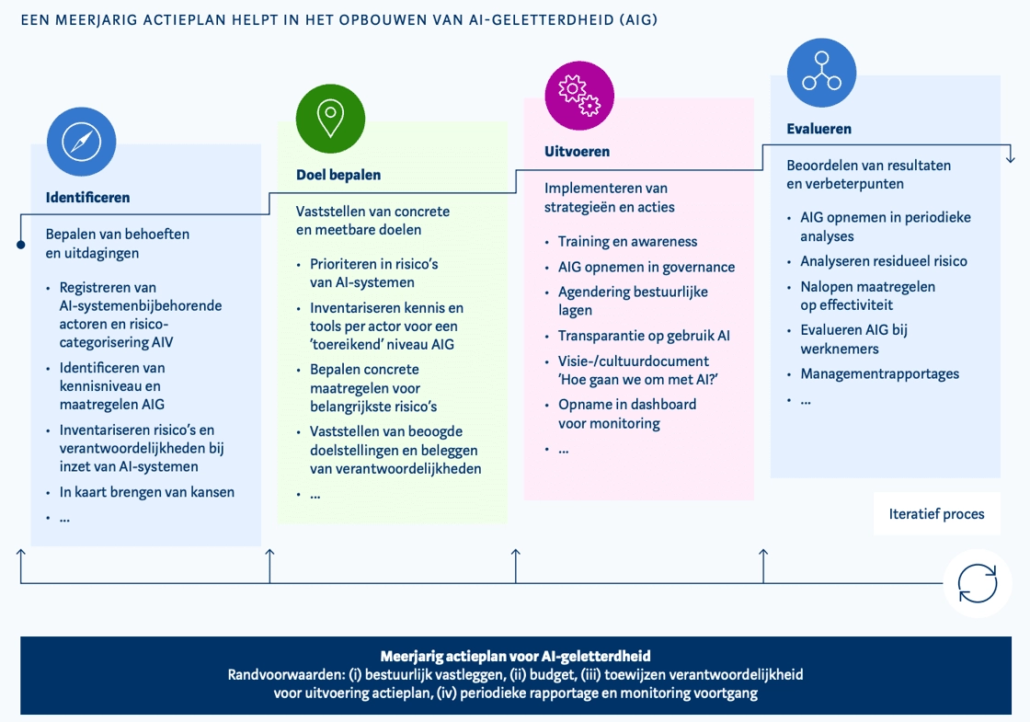As a marketer, you know how quickly information piles up. From customer insights to competitive analysis to brainstorming documents, you need it all, but the overview can quickly get lost. NotebookLM, a smart tool from Google, helps you bring back exactly that overview. And now there's a new feature that makes that even easier: Mind Maps.
What is NotebookLM?
NotebookLM is an AI tool from Google that focuses on your own documents and resources. Instead of searching individual documents or cutting and pasting summaries, in it you upload all your content to one place. The tool analyzes your sources and makes it easy to quickly find information or make connections. You ask questions of your own data and get immediate, contextual answers. Ideal for research, strategy development or content creation, for example.
With the new Mindmaps feature, NotebookLM becomes more organized
The new Mindmaps feature makes NotebookLM even easier to understand your input. Once you load multiple documents into your notebook, NotebookLM automatically creates a visual mind map. This overview shows at a glance which topics are central to your resources and how they are connected.
Click on a topic? Then you immediately get the underlying information, including quotes from your documents. So you no longer have to search for relevant pieces of text or determine a structure yourself: NotebookLM does the work for you. The video below shows how Mindmaps works.
Working more efficiently with multiple sources
Are you working on a brand strategy with input from different teams? Or do you gather content from customer conversations, interviews and data analysis? Then you're probably familiar with the chaos of documents in different places. NotebookLM not only bundles everything in one central place, but with its Mindmaps feature, it also lets you literally see where you stand.
Structuring smarter is faster
Thus, NotebookLM with Mind Maps is a valuable extension for any marketer working with many sources of information. It helps you not only find answers faster, but also better structure your own thinking. And that's exactly what you need in a world where speed and relevance make all the difference.
Take a leap forward in your marketing AI transformation every week
Every Friday, we bring you the latest insights, news and real-world examples on the impact of AI in the marketing world. Whether you want to improve your marketing efficiency, increase customer engagement, sharpen your marketing strategy or digitally transform your business. 'Marketing AI Friday' is your weekly guide.
Sign up for Marketing AI Friday for free.


